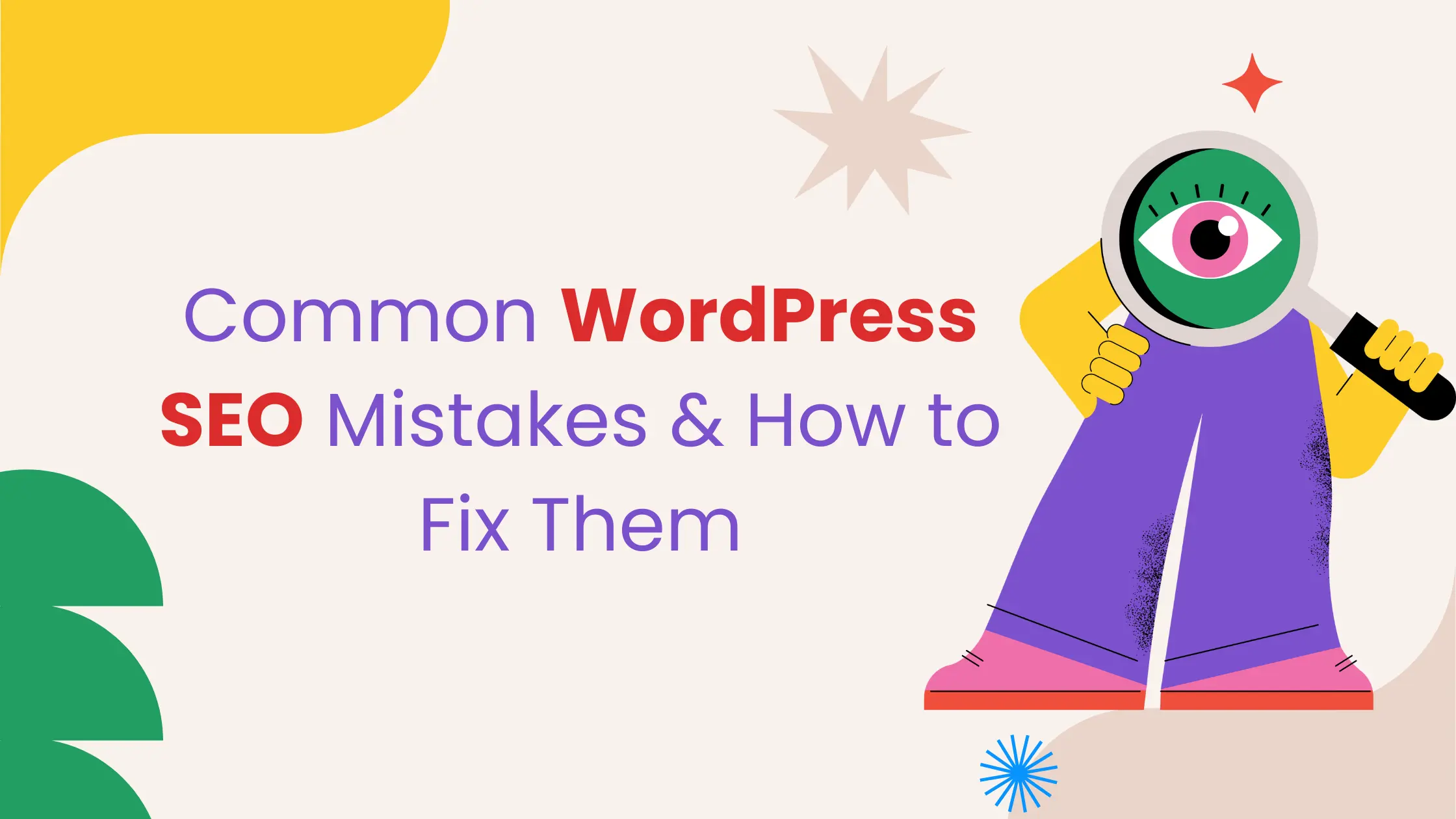
How to Boost Your Website’s SEO and Rank Higher on Google
In today’s digital world, having a website is not enough—you need to ensure it ranks well on Google. Search Engine Optimization (SEO) is the key to increasing visibility, driving organic traffic, and ultimately growing your business. If you’re struggling to improve your rankings, this guide will help you optimize your website effectively using proven strategies.
1. Perform In-Depth Keyword Research
Keywords are the foundation of SEO. Without the right keywords, your content might not reach your target audience.
How to Find the Best Keywords:
- Use tools like Ahrefs, SEMrush, or Google Keyword Planner to discover high-volume and low-competition keywords.
- Focus on long-tail keywords (e.g., “best strategies for small businesses”) that match user intent.
- Analyze competitors’ top-ranking pages to identify keyword opportunities.
2. Optimize Your On-Page SEO
On-page SEO ensures that your content is Google-friendly and easy to read for users.
Key On-Page SEO Factors:
✅ Title Tag: Include your primary keyword and make it compelling.
✅ Meta Description: Write a concise, engaging summary (under 160 characters) to improve CTR.
✅ URL Structure: Keep URLs short, descriptive, and keyword-rich (e.g., yoursite.com/boost-seo-rankings).
✅ Header Tags (H1, H2, H3): Use proper hierarchy and include relevant keywords naturally.
✅ Internal Linking: Link to relevant pages within your website to improve navigation and SEO.
3. Create High-Quality, Engaging Content
Google prioritizes content that is valuable, informative, and engaging. Writing blog posts, guides, and case studies can help boost your authority.
Content Best Practices:
- Write comprehensive posts that answer users’ questions.
- Use multimedia elements like images, infographics, and videos to improve engagement.
- Keep paragraphs short and use bullet points to enhance readability.
- Update older posts to keep them fresh and relevant.
4. Improve Website Speed and Performance
A slow website can harm your rankings and user experience. Google considers Core Web Vitals as an essential ranking factor.
Ways to Boost Website Speed:
🚀 Optimize images using WebP format and compress them with tools like TinyPNG.
🚀 Use a lightweight theme and avoid excessive plugins.
🚀 Enable browser caching and a CDN (Cloudflare, BunnyCDN, etc.).
🚀 Minify CSS, JavaScript, and HTML using WP Rocket or Autoptimize.
5. Mobile Optimization is a Must
Google follows a mobile-first indexing approach, meaning your site must be fully responsive.
Mobile Optimization Tips:
📱 Use a responsive design that adapts to all screen sizes.
📱 Improve mobile page speed with AMP (Accelerated Mobile Pages).
📱 Ensure buttons and links are easily clickable on mobile devices.
6. Build High-Quality Backlinks
Backlinks from authoritative websites signal to Google that your site is trustworthy and relevant.
How to Get Backlinks:
🔗 Guest Blogging: Write content for reputable websites in your niche.
🔗 Broken Link Building: Find broken links on other sites and offer your content as a replacement.
🔗 HARO (Help a Reporter Out): Respond to journalist queries for potential backlinks.
🔗 Engage in Niche Communities: Share valuable insights on Reddit, Quora, and industry forums.
7. Leverage Local SEO for Better Visibility
If you run a local business, Google My Business (GMB) optimization is essential.
Local SEO Checklist:
📍 Claim and verify your Google My Business profile.
📍 Optimize your GMB listing with photos, keywords, and accurate details.
📍 Get positive reviews from satisfied customers.
📍 Ensure NAP consistency (Name, Address, Phone) across all directories.
8. Use Schema Markup for Rich Snippets
Schema Markup helps search engines understand your content better, improving CTR with rich snippets.
Types of Schema to Use:
📌 Article Schema for blogs and news posts.
📌 Product Schema for eCommerce stores.
📌 FAQ Schema for frequently asked questions.
📌 Review Schema to showcase star ratings in search results.
9. Monitor and Improve with Tools
Regular tracking and optimization are key to long-term success.
Essential Tools:
- Google Search Console – Track search performance and fix indexing issues.
- Google Analytics – Monitor user behavior and traffic sources.
- Rank Math/Yoast SEO – Optimize on-page easily.
- Ahrefs/SEMrush – Analyze backlinks and keyword rankings.
SEO is an ongoing process, not a one-time fix. By following these steps—optimizing on-page SEO, creating quality content, improving site speed, and building backlinks—you can increase your chances of ranking higher on Google. Implement these strategies consistently, and watch your website traffic grow! 🚀
Need Expert Help with SEO?
Contact The Web Dev today for a free SEO consultation and let’s get your website to the top of Google!
